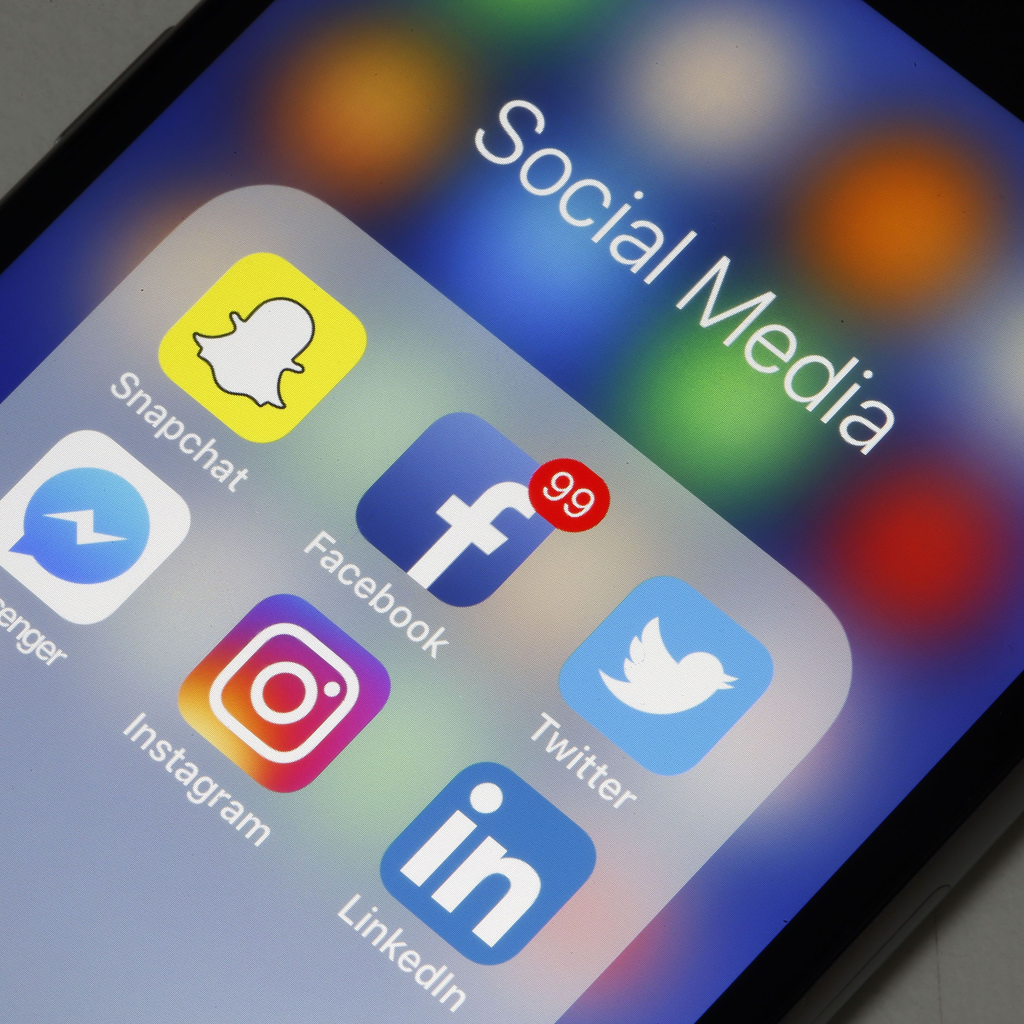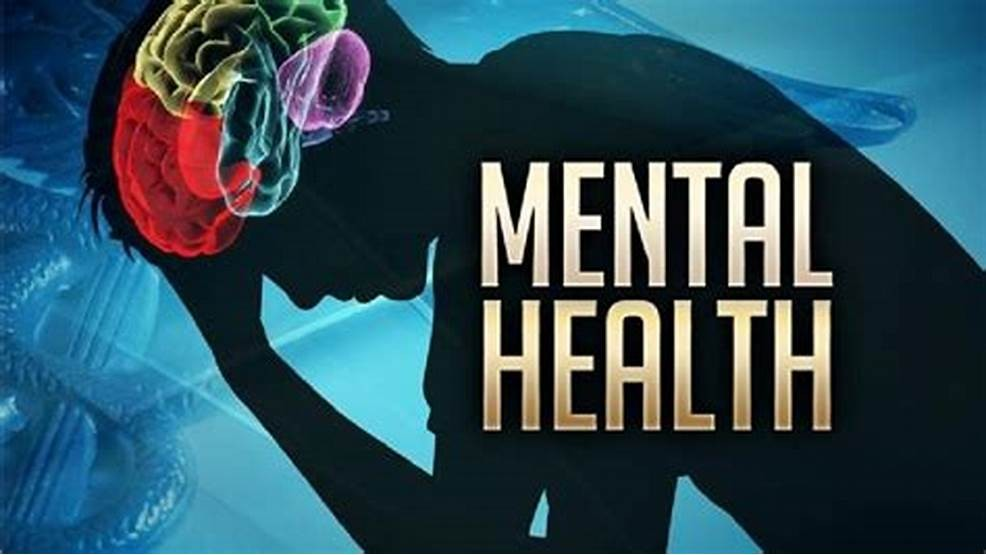THE IMPACT OF SOCIAL MEDIA ON RELATIONSHIPS AND MENTAL HEALTH

In today’s world, the internet and its creation, social media, have become an integral part of our daily lives. We spend most of the day on social media. We connect with others, network for career growth, and learn new things. As interesting and beneficial as social media is, it is not without its disadvantages. There is growing concern about social media’s effect on our relationships and mental health. It is important to know that, while it provides good company, it can never replace human connection or presence. Obsessive use of social media has many negative effects. These include FOMO (fear of missing out), self-comparison, cyberbullying, and loneliness. Ironically, for a technology that connects you to so many people, it can also make you lonely. All of which tend to lead to depression, an ultimate decline in the state of our mental health.

This technology has, without a doubt, changed how we form, maintain, and view relationships. Many people learned about healthy and unhealthy relationships from social media. It shaped their views on what is acceptable. This is not to say that we now lack the ability to tell right from wrong due to the different platforms we are on today. We cannot deny that many ideas on how to be treated by friends, family, and lovers now stem from the ideas praised by influencers and social media users. The same is true for how we build relationships. Our conversations with new people are also influenced by social media. Today, you can find love, make friends, and get jobs on X (formerly Twitter), Instagram, and Facebook. Many people, obsessed with a perfect life for the media, must use grand gestures and memorable experiences to maintain relationships. These must be captured and flaunted on the gram. As interesting as this may sound, it hurts our relationships. Many dislike the idea of having their every moment online for strangers to like and comment. But some depend on those likes and opinions. Oftentimes, tying their self-esteem to how many likes and comments their pictures gather. Thus creating a low sense of self-worth, which means a lack of confidence that could further develop into self-isolation.
One can draw a straight line from this to the deteriorating mental health of young people all around the world. There is the pressure to present a perfect picture and the somewhat unrealistic expectations we tend to set on our relationships. The big question here is, how do these affect us negatively? As we prioritize posting the highlights of our relationships on social media (gifts from our partners, couples’ getaways, and grand romantic gestures). Compared to this, your day-to-day life with your partner might seem dull. You may not value expensive gifts or fancy vacations. But you might worry. Your relationship may feel inadequate. You fear your partner feels unloved since your relationship isn’t like those you see online. When we fail to present a perfect image, we start to compare ourselves to others. This leads to self-loathing, then anxiety and depression. Social media is without a doubt one of the most powerful tools for connection and growth (if not the most), but it’s important to use it wisely and be mindful of its potential negative effects. By being aware of the risks and taking conscious steps to ensure that they do not affect you, we can enjoy the benefits of social media while also prioritizing our mental health and relationships. Let’s remember to cultivate healthy relationships in the real world, and to value the moments of connection and intimacy that can’t be captured in a photo or tweet.





